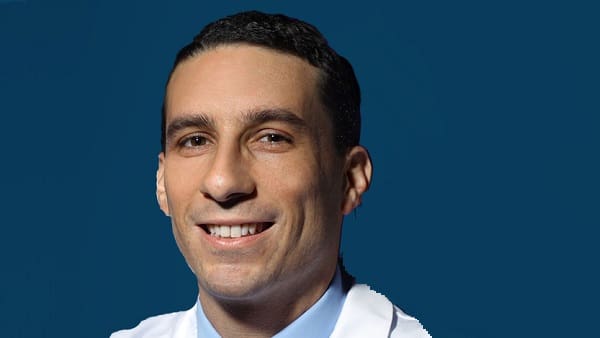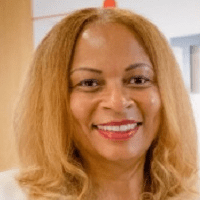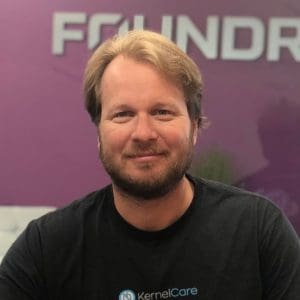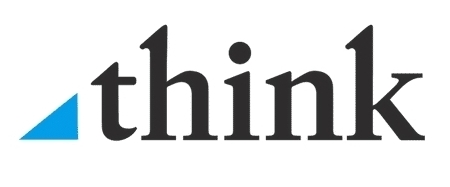
RAD-AID, a Chevy Chase, Md., nonprofit run by a Johns Hopkins alum, is among eight organizations that have received funding from Google for their AI-enabled digital health projects.
The grant gives each project $3 million in technical assistance, cash support and Google Cloud credits. Some projects additionally received Google.org fellowships, under which a team of Googlers will work pro bono at the recipient organization for up to six months.
Serving Global Poor
In all, Google funded 15 organizations pursuing AI initiatives, of which eight are in digital health. The grants are part of the internet giant’s commitment to advance Sustainable Development Goals set by the United Nations.
RAD-AID was founded by CEO Daniel J. Mollura to increase radiology medical care to underserved and poor communities, helping identify and treat conditions such as cancer and heart disease in countries like Kenya and Pakistan. Mollura received his degree in medicine from Johns Hopkins, and has worked for Goldman Sachs as a financial analyst. He also served for 10 years on the radiology clinical and research faculty of the National Institutes of Health (NIH) in Bethesda, Md, and founded three startups before establishing RAD-AID in 2008.
The Maryland nonprofit provides hospitals with an AI-enabled platform that helps triage patients, primarily regarding respiratory disease and breast cancer. The platform also helps interpret X-rays and scans, and produces test results.
Why AI Is Key
“AI has the potential to bring great benefits to resource-poor hospitals where there are significant shortages of medical professionals,” RAD-AID says on its website, explaining why the new technology is a key component of healthcare today. For example, Kenya has 4-5 million women needing yearly mammograms, but the country has fewer than three fellowship-trained breast radiologists. AI helps complete this task, which in the United States would require over 500 radiologists, RAD-AID said.
Commercial Real Estate
MacKenzie Companies
Law
Nemphos Braue
Financial Services / Investment Firms
Chesapeake Corporate Advisors
Commercial Real Estate
Monday Properties
Venture Capital
Blue Delta Capital Partners
Internet / Technology
Foxtrot Media
Radiology is also at the forefront of AI healthcare because it deals with data-rich images that are “fertile ground for AI platforms to learn and produce radiologic tasks such as the automated interpretation of x-ray, MRI, CT, mammograms, and ultrasound images.”
With a rapidly growing portfolio of AI tools, RAD-AID has pushed for ethical use of the technology and says that a “combination of clinical education, infrastructure, and AI enables RAD-AID to offer a balanced growth plan for using AI effectively in low and middle-income countries.”
RAD-AID is run by volunteers consisting of physicians, technologists, sonographers, nurses, IT professionals, public health advocates, engineers, teachers and business administrators. Today, RAD-AID has over 16,000 members serving more than 100 hospitals in 44 countries.




























